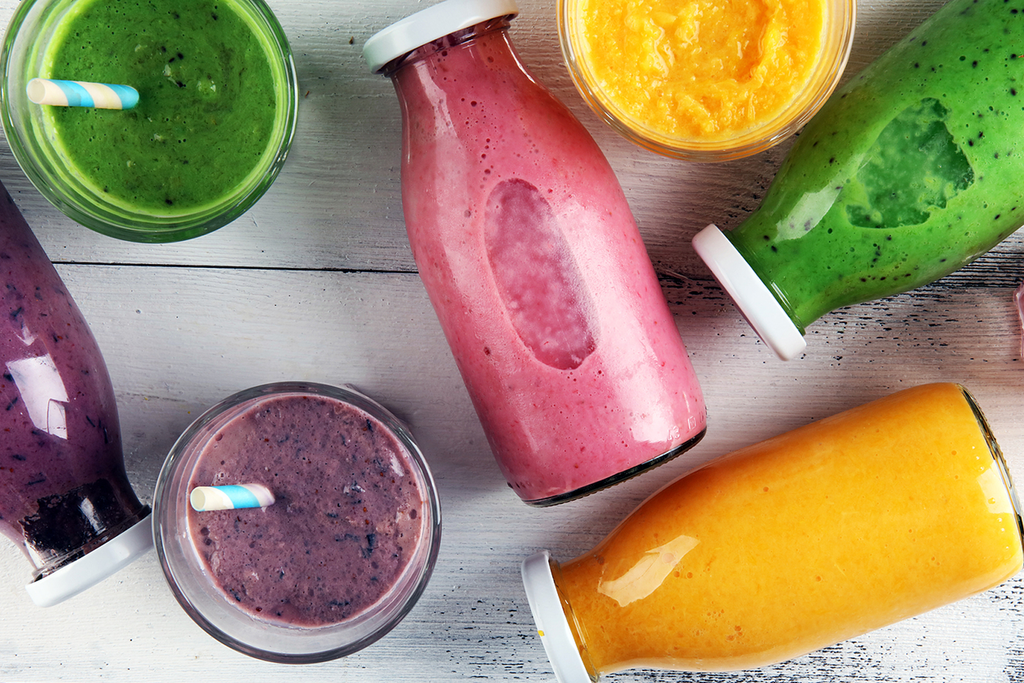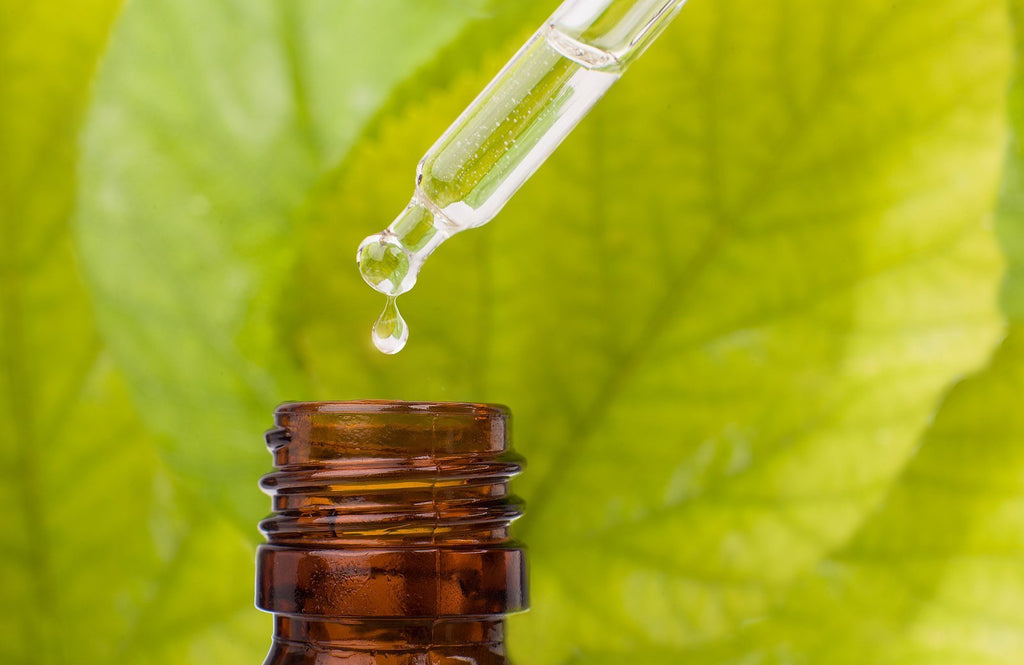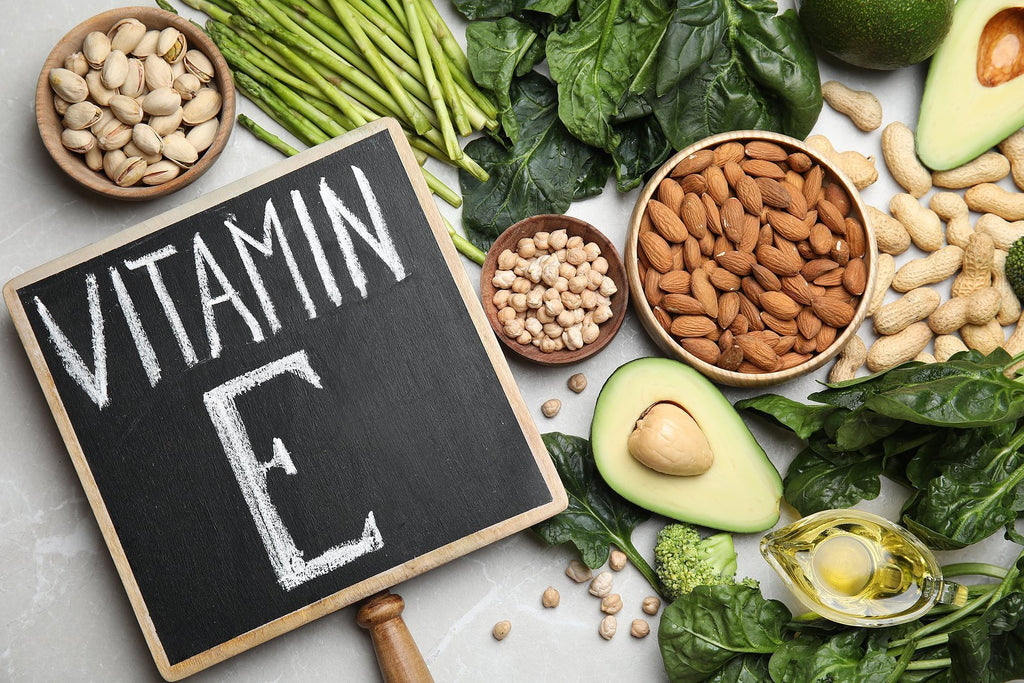Healthiest & Unhealthiest Types Of Cooking Oils
I’ll take you through several oils that you find in supermarkets. Some are good for you and should definitely be consumed. Meanwhile, you might be surprised by which oils you should avoid.
First Off, You Need to Consume Fat
Healthy oil is important to have in your diet. If your body is to function properly, you need to consume fat.
For most of us, when we think of fat, maybe we look down at our stomachs, or we look at our legs or under our arms. We think fat is the last thing we need more of. But fat on your body that you want to get rid of and the healthy fat you need to consume for good health are totally different things. It’s unfortunate that the same word “fat” is used for the macronutrient and to describe something on our bodies that we don’t want.
Eating Healthy Fat Will NOT Make You Fat
There is no direct correlation between eating healthy fat and having fat on your body.
Eating lots of healthy fat – instead of bad carbohydrates like bread, pasta, candy, soda, cookies, waffles, pancakes, pretzels and potatoes – will actually help you lose weight.
Healthiest Cooking Oils
Olive oil
- Perhaps the most commonly known and used of the oils.
- Use this flavorful oil for salad dressing. A popular one is a mixture of oil and vinegar. It’s a very simple dressing, but has many health benefits.
- Drizzle olive oil on steamed veggies.
- Use it in cooking, like a light sauté, or when baking.
- Olive oil has a low smoke point, so it’s not a good choice for frying. If you overheat olive oil in a frying pan, it will turn brown and then black, and you shouldn’t consume it like that.
Coconut oil
- Coconut oil has high levels of medium chain fatty acids, which are very good for energy production and are harder for your body to convert into storage fat.
- Great for frying. Unlike olive oil, coconut oil has a high smoke point.
- Good for your skin. You can use it on sores, rashes, skin conditions, even diaper rash.
- Use coconut oil as a conditioner and as a toothpaste. The term “oil pulling” for oral health involves putting a spoonful of coconut oil in your mouth, letting it melt, swishing it around, and spitting it out. This pulls the toxins from the oral cavity.
Avocado oil
- Helps promote healthy cholesterol levels.
- Also has a high smoke point, so it’s good for higher temperature cooking like stir frying, sautéing, or searing.
Walnut oil
- Contains a lot of heart-healthy Omega-3 fatty acids.
- Eat it plain or use it for cooking or for flavoring.
- With its nutty flavor, it’s a good oil to use in baking or for desserts.
Palm oil – specifically red palm oil
- Contains high levels of antioxidants and vitamins. Just be sure you use red palm oil, not white. White palm oil has been processed and stripped of a lot of its nutritional value.
- Palm oil is high in saturated fat, which is good for your overall health. The association between saturated fat and heart disease is false. There are many health benefits to saturated fat.
- Palm oil has a good flavor and can be used for flavoring in dishes like soups and sauces.
- Use it as a moisturizer. The dense nutrient contents are good for your skin.
- The high level of carotenes in palm oil make it quite good as a sunblock – equal to approximately SPF 15 – without the nasty chemicals.
Grapeseed oil
- Very good for higher temperature cooking.
- Has a mild flavor to it.
- Good for dressings.
- Grape seeds and grape seed extract have many health benefits. They help to develop healthy bones and to reduce swelling. They’re good for brain health, oral health, and regulating blood sugar. Of course, the oil isn’t exactly the same as grapeseed extract, but some good health benefits transfer into the oil.
Unhealthiest Cooking Oils
Canola oil
- Canola oil has been falsely promoted as a healthy oil. First, it contains harmful trans fats. Second, it’s extracted from rapeseeds using a toxic solvent. Third, most of those seeds are genetically modified.
Soybean oil, corn oil, cottonseed oil
- Basically, avoid any hydrogenated or partially hydrogenated oils. While these oils might appear healthy because they’re made from vegetables, they contain trans fats.
- Why are trans fats bad? During the hydrogenation process, in order to increase shelf life, a hydrogen molecule is jammed into the molecular structure of these oils. This changes the shape of the natural molecular structure. Trans fats increase heart disease risk because they become “stuck” in your vascular system and plug things up.
So, there you have it. Next time you’re at the grocery store, pick up some healthy oils and ditch the nasty, unhealthy ones.
Sharing is caring
Know Your Body - Know Your Health






